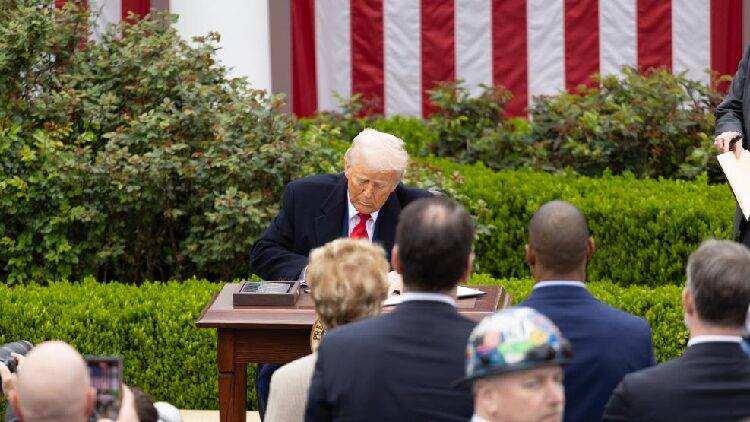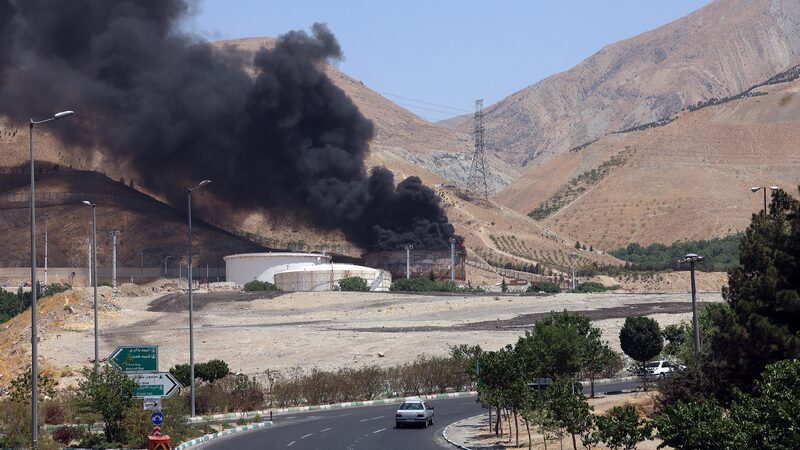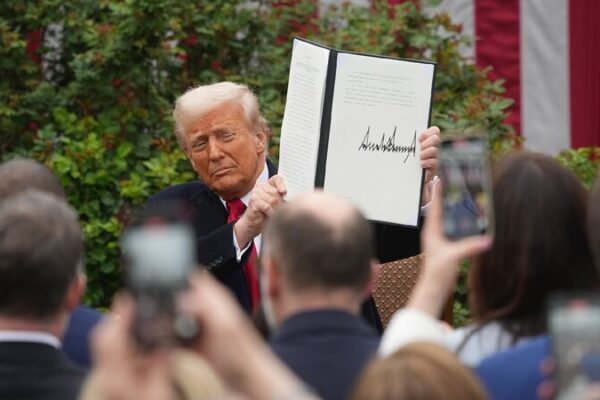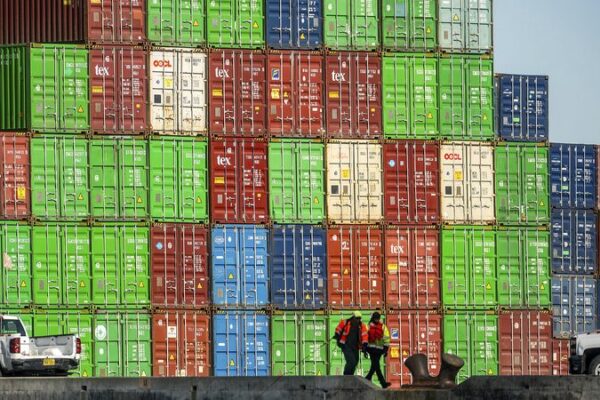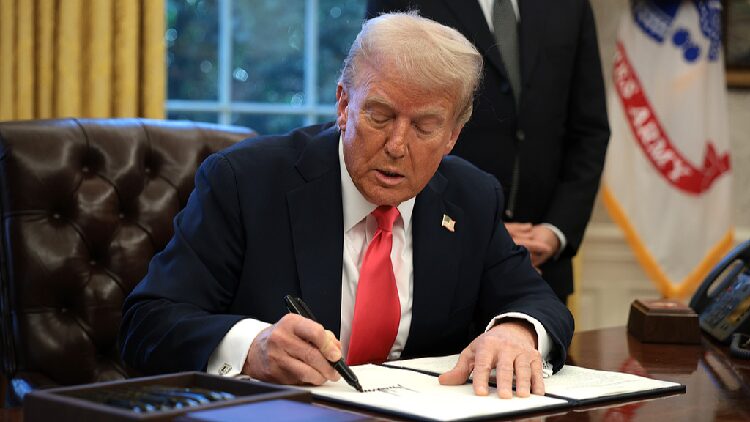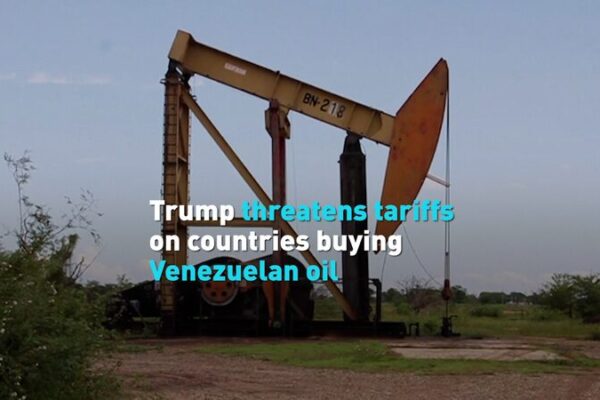U.S. Tariffs Shake Up Africa’s Trade, China Offers New Opportunities
The recent announcement of sweeping tariffs by the United States has sent shockwaves through Africa’s trade landscape. With a baseline 10% duty on imports from all trading partners, including most African nations, the new tariffs could have significant impacts on economies across the continent.
Impact on African Economies
The U.S. government’s decision aims to curb trade imbalances and bolster domestic industries. However, for African countries that primarily export raw commodities like oil, minerals, and agricultural products to the U.S., these tariffs could spell trouble.
Some nations face even higher tariffs: Lesotho is hit with a 50% tariff—the highest globally outside of China. South Africa faces a 30% general tariff plus a 25% levy on vehicle imports. Nigeria and Madagascar have been struck with 31% and 47% tariffs, respectively.
These increased costs threaten to undermine the profitability of exports from Africa, potentially reducing revenues for countries like Nigeria, Angola, and South Africa. Higher export costs could strain budgets and destabilize economies that rely heavily on commodity exports.
Regional Integration as a Solution
Amid these challenges, there is a silver lining. The tariffs provide a catalyst for African nations to strengthen regional integration. The African Continental Free Trade Area (AfCFTA) presents an opportunity to boost intra-African trade, reducing reliance on external partners and mitigating the impact of external shocks.
By focusing on trading within the continent, African countries can tap into a growing middle class, expected to reach 1.1 billion people by 2030. Enhancing regional trade could foster economic resilience and provide a buffer against global trade tensions.
China’s Role in Africa’s Future
As the U.S. turns inward with protectionist policies, China emerges as a key strategic partner for Africa. China’s rapidly expanding middle class offers a vast market for African goods and services. Initiatives like the Belt and Road Initiative (BRI) demonstrate China’s commitment to global economic collaboration, with Africa playing a significant role.
Furthermore, China’s investments in African infrastructure—from roads and bridges to telecommunications—are vital for economic development. Improved infrastructure facilitates trade, reduces logistical challenges, and supports industrial growth.
By strengthening partnerships with China, African nations can diversify their trade relationships, enhance infrastructure, and promote industrialization, paving the way for sustainable economic growth.
Looking Ahead
While the new U.S. tariffs present immediate challenges, they also highlight the importance of strategic adaptation. By embracing regional integration and fostering partnerships with nations like China, Africa can navigate the shifting global trade landscape and build a more resilient economic future.
Reference(s):
How the U.S. tariff war could reshape Africa's trade landscape
cgtn.com
